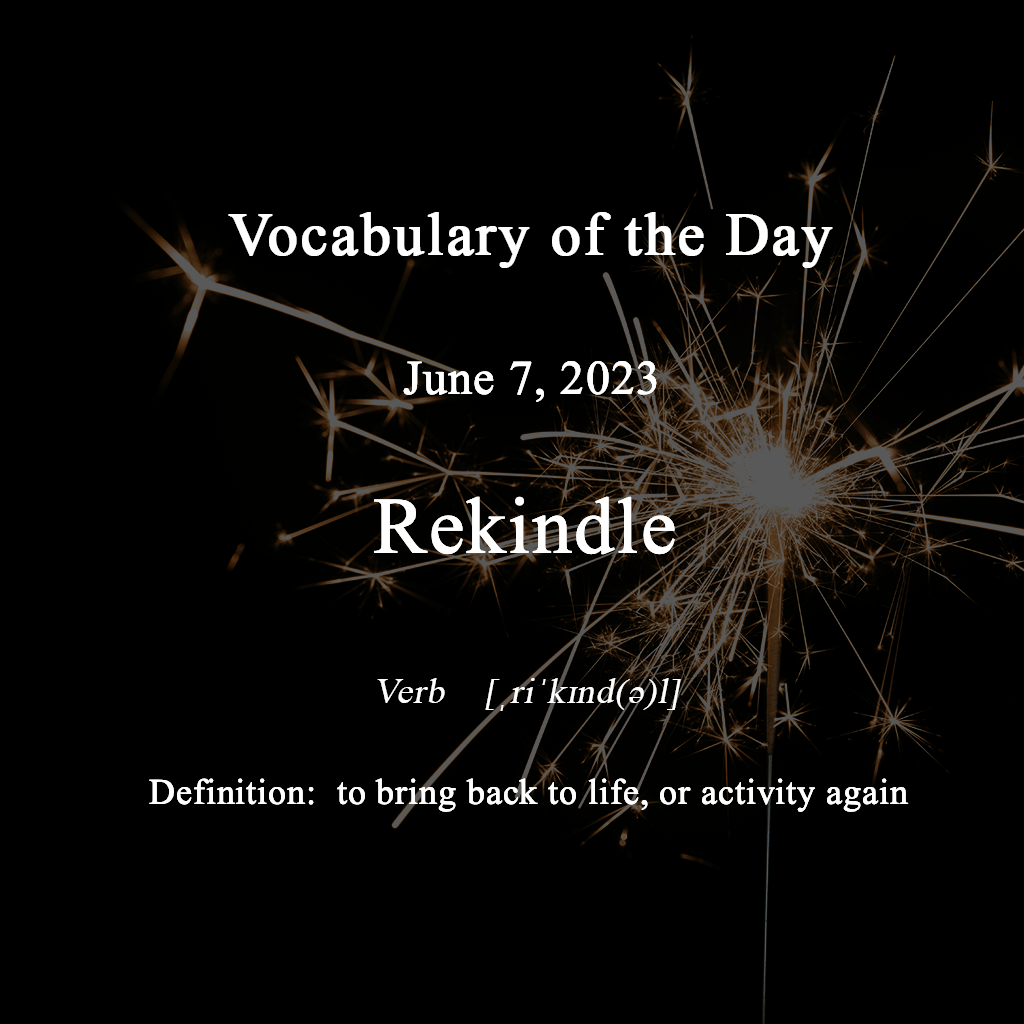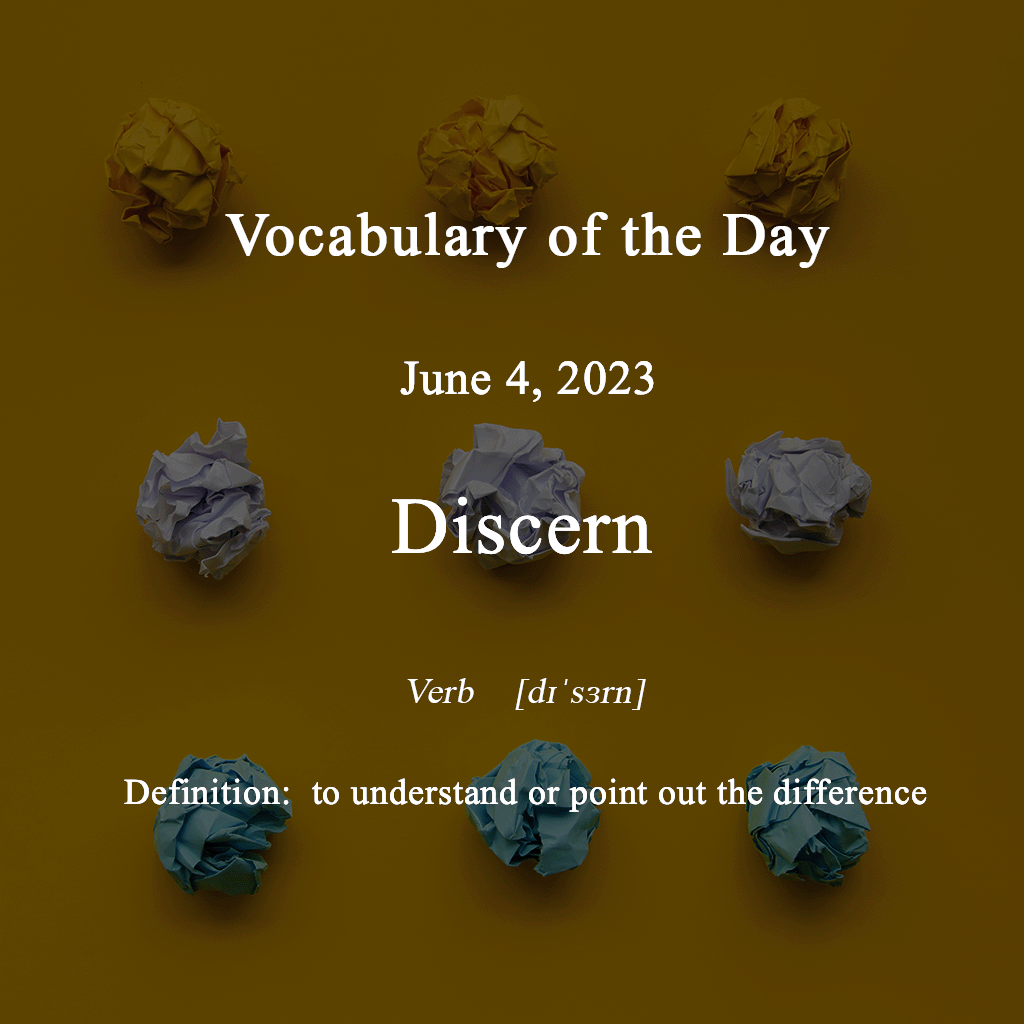
发音:[mʌnˈdeɪn]
例句:
- The word “mundane” means something that is very ordinary, everyday, or not exciting. It’s used to describe things, tasks, or activities that are common and not special. For example, brushing your teeth is a mundane task because it’s something you do every day and it’s not particularly interesting or unusual. So, “mundane” is a word to talk about things that are normal and not exciting.
The idea is to create a judgment-free environment where users get a realistic look at what their friends are up to on a daily basis, no matter how mundane or exciting their updates are.
I read through pages and pages of his old entries, all of them about irrelevant, mundane things.
Masks and social distancing, even if they sound mundane after a year of relentless repetition, remain the best weapons to control the spread of the virus.
- I think they all underline the fact that no matter how dramatic or mundane your year was, it was that much more fascinating or difficult or compelling because of the times in which it took place.
- The withdrawn paper explores how manganese sulfide, a mundane material, changes its properties under pressure, shifting from an insulator to a metal and back, and this is unrelated to superconductivity.
解释:
- 该单词主要用来指所描述的对象很普通、平常,没有什么太多可以激发大家兴趣。比如王思聪在接受 Secrets of China节目采访时,当主持人询问如今电竞游戏十分流行,大多未成年人喜欢沉浸在虚拟世界,是不是由于太多来自家庭以及学校的压力时,王思聪回答到:“It really a great way of escaping their mundane life…..” 这里mundane life主要表达了一些很普通、无聊的生活片段。
- 在纽约时报的一篇报道中,曾出现这样的句子表达“The thing is to perform the task well and find reward even in the mundane.(问题是要很好地完成任务,即使在平凡中也能找到回报。)”这里的mundane主要用于表达日常、平常的事物。
- 此外,我们在描述一些家庭主妇生活时,有时也可以使用这个词,例如:For most housewives, life are pretty mundane: they spend their most time on doing housework, picking up their kids, or watching some soap operas.(对于大多数家庭主妇来说,生活非常平凡:她们把大部分时间花在做家务、接孩子或看肥皂剧上。)
Podcast




